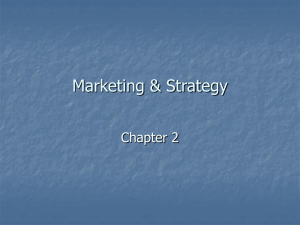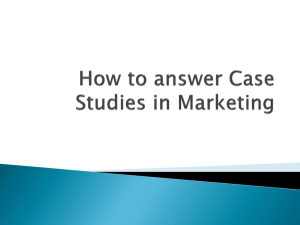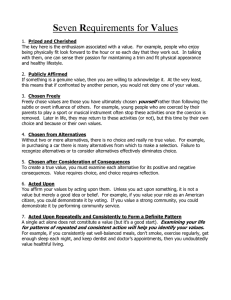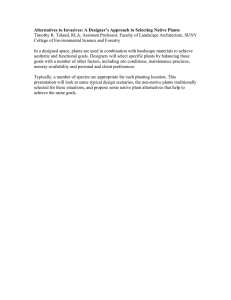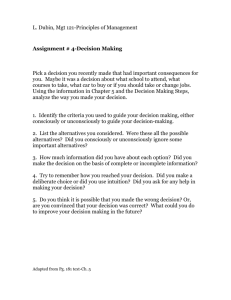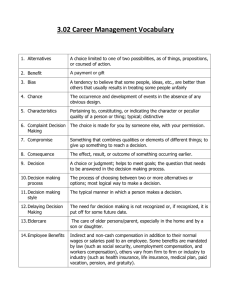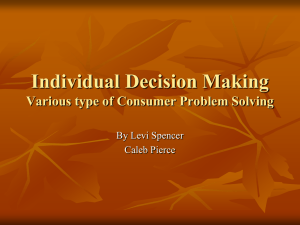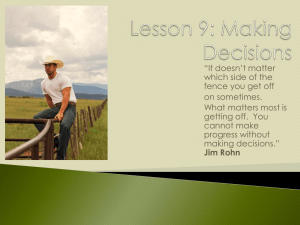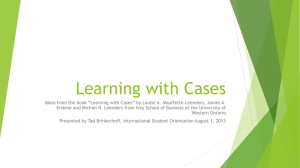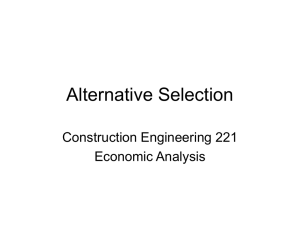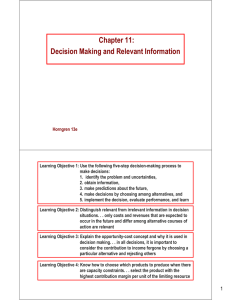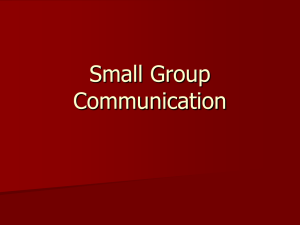What is Freedom? A Definition Essay
advertisement
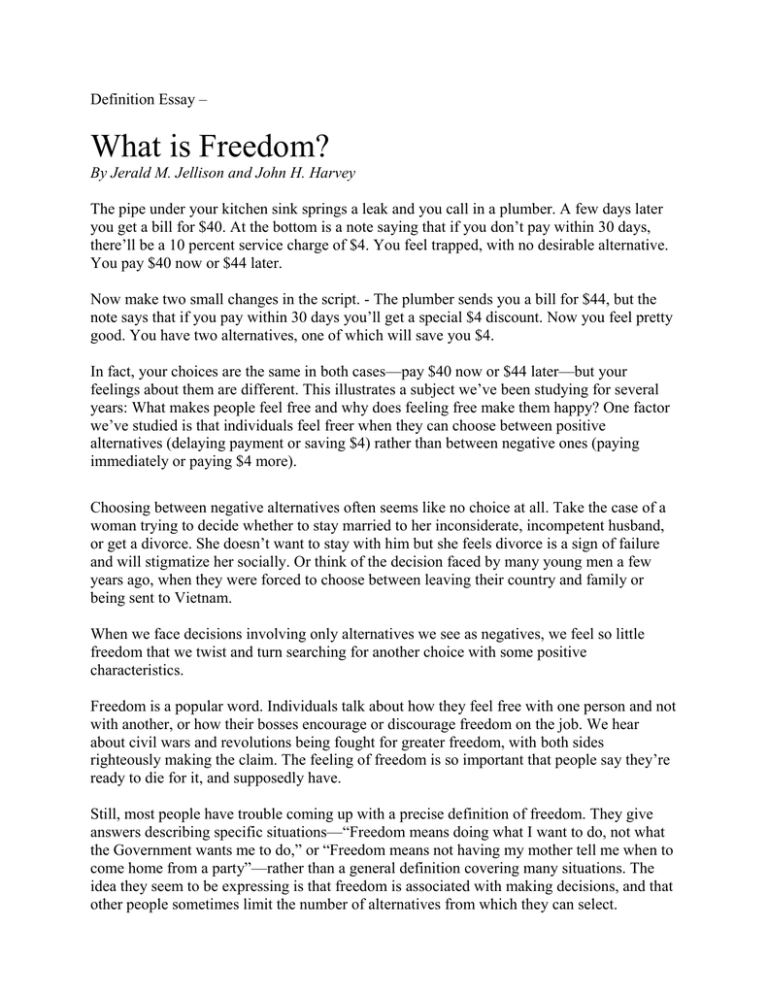
Definition Essay – What is Freedom? By Jerald M. Jellison and John H. Harvey The pipe under your kitchen sink springs a leak and you call in a plumber. A few days later you get a bill for $40. At the bottom is a note saying that if you don’t pay within 30 days, there’ll be a 10 percent service charge of $4. You feel trapped, with no desirable alternative. You pay $40 now or $44 later. Now make two small changes in the script. - The plumber sends you a bill for $44, but the note says that if you pay within 30 days you’ll get a special $4 discount. Now you feel pretty good. You have two alternatives, one of which will save you $4. In fact, your choices are the same in both cases—pay $40 now or $44 later—but your feelings about them are different. This illustrates a subject we’ve been studying for several years: What makes people feel free and why does feeling free make them happy? One factor we’ve studied is that individuals feel freer when they can choose between positive alternatives (delaying payment or saving $4) rather than between negative ones (paying immediately or paying $4 more). Choosing between negative alternatives often seems like no choice at all. Take the case of a woman trying to decide whether to stay married to her inconsiderate, incompetent husband, or get a divorce. She doesn’t want to stay with him but she feels divorce is a sign of failure and will stigmatize her socially. Or think of the decision faced by many young men a few years ago, when they were forced to choose between leaving their country and family or being sent to Vietnam. When we face decisions involving only alternatives we see as negatives, we feel so little freedom that we twist and turn searching for another choice with some positive characteristics. Freedom is a popular word. Individuals talk about how they feel free with one person and not with another, or how their bosses encourage or discourage freedom on the job. We hear about civil wars and revolutions being fought for greater freedom, with both sides righteously making the claim. The feeling of freedom is so important that people say they’re ready to die for it, and supposedly have. Still, most people have trouble coming up with a precise definition of freedom. They give answers describing specific situations—“Freedom means doing what I want to do, not what the Government wants me to do,” or “Freedom means not having my mother tell me when to come home from a party”—rather than a general definition covering many situations. The idea they seem to be expressing is that freedom is associated with making decisions, and that other people sometimes limit the number of alternatives from which they can select.
